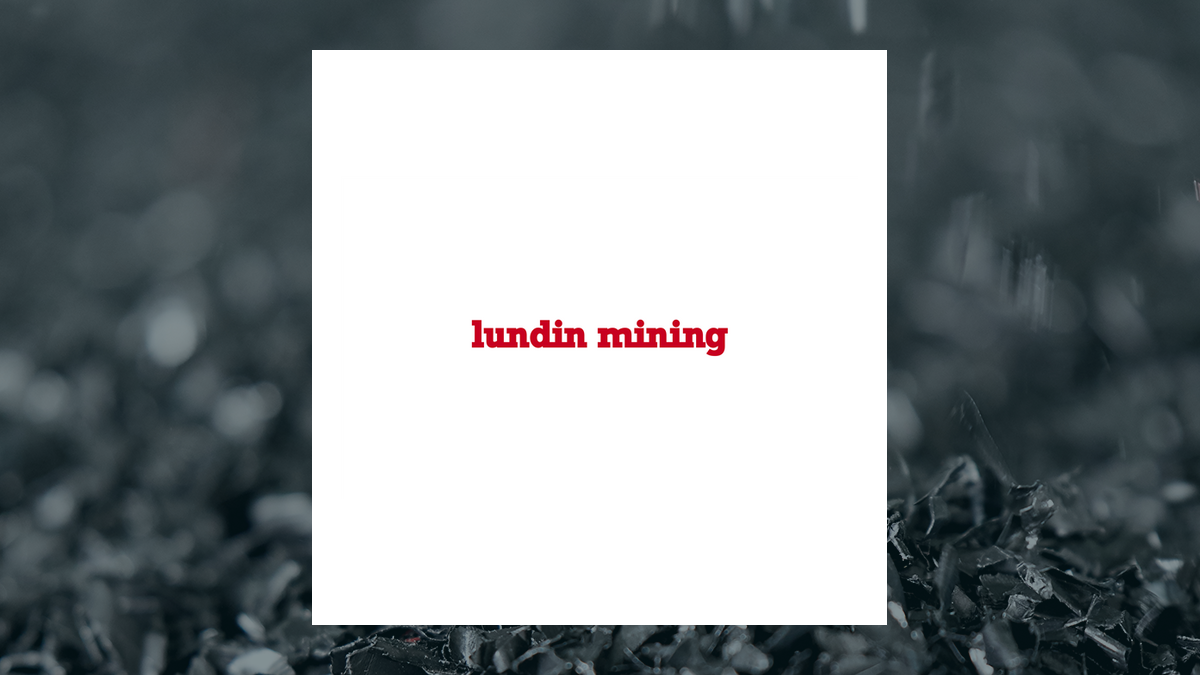Friends Seek Solutions as Dinner Guests Cause Social Strain

In a recent column from the beloved advice columnist Dear Abby, readers expressed their frustrations regarding social challenges and personal struggles. The letters highlight the complexities of friendship, emotional trauma, and the intricacies of love. Each writer seeks guidance on navigating their respective situations.
Social Strain Over Dinner Guests
One correspondent from Alabama, identified as “Worn Out,” shared her mounting frustration with longtime friends, known as “the Smiths.” Despite the Smiths’ willingness to help, their behavior has become increasingly challenging to tolerate. The couple dominates conversations with tales about their son and grandson, leaving little room for others to share their experiences.
As a result of this imbalance, Worn Out has ceased inviting the Smiths to gatherings, as mutual friends have requested that they not be present if the Smiths are attending. The Smiths’ ultrasensitivity means that any attempt to address this issue could jeopardize the friendship altogether. Worn Out seeks a way to manage the situation without causing a rift.
“You will be forced to tell them why you have stopped,” Dear Abby advises, indicating that honesty may ultimately be the best course of action.
Facing the Past and Seeking Help
Another poignant letter came from a woman who refers to herself as “Tired of Living in Misery.” At 52 years old, she is confronting the painful memories of childhood sexual assault, which have resurfaced after years of repression. While she has enjoyed a fulfilling marriage for 14 years, these memories have begun to affect her intimacy with her husband.
Tired of Living in Misery is torn between the desire to report her abuser, who is still married to her mother, and the potential emotional fallout this would create. She also feels a moral obligation to protect others who may be at risk. Dear Abby urges her to seek counseling to navigate these complex emotions and to consider discussing the matter with her sister and cousin, who were also victims.
“It may save other young women from being assaulted by him,” Dear Abby noted, emphasizing the importance of addressing such serious issues.
Unrequited Love and Emotional Vulnerability
A third letter, signed “Going Mad in the East,” reveals the struggles of unrequited love. The writer expresses deep feelings for a woman she has admired for over 30 years. Although there are indications that these feelings may be mutual, the author grapples with self-doubt, stemming from experiences in a past relationship that impacted her self-esteem.
Dear Abby encourages her to express her feelings, while also preparing for the possibility that her romantic interest may not feel the same way. This advice underscores the risks and rewards of emotional vulnerability in relationships.
These letters illustrate the diverse challenges people face in their personal lives, from social dynamics and childhood trauma to the complexities of love. As always, Dear Abby, created by Pauline Phillips and continued by her daughter Abigail Van Buren, offers insights that resonate with many seeking clarity.
Readers can reach out to Dear Abby at www.DearAbby.com or through traditional mail at P.O. Box 69440, Los Angeles, CA 90069.





